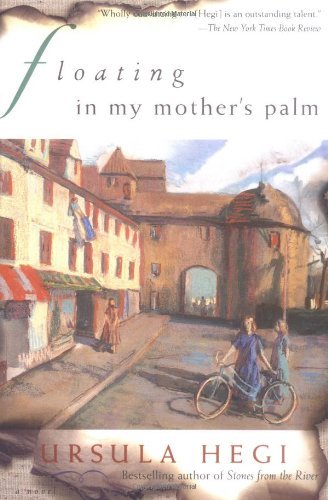What do you think?
Rate this book


187 pages, Paperback
First published January 1, 1990
The pastor's sister, Hannelore Beier, was a woman in her thirties with crippled hands. Her fingers over-lapped and drew themselves toward her palms, birdlike claws which she refused to hide. When she taught Sunday school, she moved them gracefully, those stiff extensions of herself, weaving the texture of her words into our hearts.And this, of her mother's friend who had bouts of mental illness:
On days when she couldn't speak at all, her head would jerk forward as though she were trying to make the words fall from her mouth, and I'd think of the thousands of unspoken words crowding inside her, wishing I could help her release them. I'd feel my neck and shoulders tighten, my lips moving as if, somehow, I could form those words for her.This is not a plot-driven work. If that is your favorite, you might wish to look elsewhere.